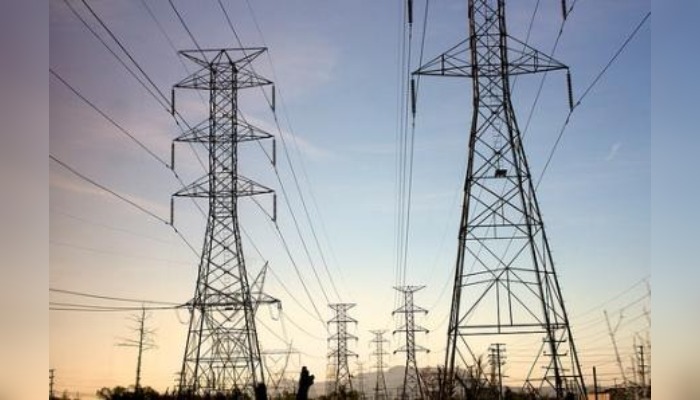…to now pay N225/kWh, up from N68
…New tariff affects 15% of customers – NERC
Consumers who get the most electricity supply of at least 20 hours daily have seen their tariff increase more than threefold.
The Nigerian Electricity Regulatory Commission (NERC) announced on Wednesday a hike in the tariff payable by this category of customers to N225 per kilowatt-hour (kWh) from N68/kWh.
The move by NERC aims to shift the cost burden away from base rates and towards a consumption-based model, meaning lower overall bills for those who use less power and potentially significant increases for high-volume users.
Read also: Electricity tariff now N225/KWh as NERC approves jumbo increase
Musiliu Oseni, vice chairman of the commission, announced the tariff hike during a press briefing in Abuja, saying the increase would take effect immediately.
According to him, the new rate of N225/kWh is expected to affect only customers under the Band A feeder, who are offered at least 20 hours electricity per day.
He said only 15 percent of the 13,162,572 electricity customers nationwide would be affected by the tariff increase while others would continue to pay the old rate until supply improves.
He said the commission had downgraded some customers from ‘Band A feeder’ to Band B after reviewing the electricity supply to them and realising that they were not receiving up to 20 hours of electricity daily.
He said: “We currently have 800 feeders that are categorised as Band A feeders, but upon reviewing those feeders’ performance, the commission has now reduced it to under 500. This means that 17 percent now qualify as Band A feeders. Those are the feeders that are currently meeting the average 20 hours average.
“So, we have just 17 percent of the total feeders of the distribution companies now qualify as Band A feeders. That is when you look where those feeders are critically, it is estimated that under 15 percent of the total customers are currently connected to those feeders.
“So based on that, feeders that are not meeting the 24-hour supply have been asked to be downgraded immediately, with strict compliance and strong enforcement action.
“And in that order, the commission has approved a rate review of N225 per kilowatt hour for the under 15 percent of the customer population. So that means that less than 15 percent of the customer will be affected.”
The tariff hike follows the recent increase in base price for natural gas from $2.18 to $2.42 per metric million British thermal unit (mmBtu) by the Nigerian Midstream and Downstream Petroleum Regulatory Authority.
The eleven electricity distribution companies (DisCos) had in July 2023 applied for rate review with the commission, stressing the need to incorporate changes in macroeconomic parameters and other factors affecting the quality of service, operations and sustainability of the companies.
Read also: NERC, DisCos in crucial talks to raise tariff by 200%
Removing electricity subsidies is part of President Bola Tinubu’s reform agenda after he last year scrapped a popular but costly fuel subsidy and allowed the currency to devalue sharply.
The reforms that Tinubu hopes will revive growth have stoked inflation to more than 30 percent and worsened a cost of living crisis, angering workers.
The World Bank has in the past recommended subsidy cuts to help Nigeria improve the state of its public finances.
The country’s electricity sector faces a myriad of problems including a failing grid, gas shortages, high debt and vandalism. The country has 12,500 megawatts of installed capacity but produces only about a quarter of that, leaving many Nigerians reliant on expensive diesel-powered generators.
State-controlled power tariffs are too low to attract new investors and allow distribution firms to recoup costs and pay generating companies – leaving the sector with ballooning debts.
Oseni stressed the need for investment in infrastructure, stating that there are certain locations where without any additional investments, the DisCos as well as the transmission companies, based on the investment previously made, can deliver a minimum of 20 hours while in other locations, there will be need for improvement in quality of the infrastructure before quality of supply can improve.
He said: “So the customers that are going to be affected are the customers that are living in locations where no investment is required to meet the 20-hour electricity supply.
“In addition to that, the commission is working on having some sort of liberalisation in the determination of the price and demand for meters; that is currently being worked on and in due course, you will be notified of the final decision of the commission.”
Read also: NERC mandates DisCos to source 10% of power from renewables
He said that efforts were ongoing to ensure that the affected customers are prioritised in the deployment of meters.
Efforts to reach Joe Ajaero, president of Nigeria Labour Congress, to get the official position of the organised labour last night proved abortive.

